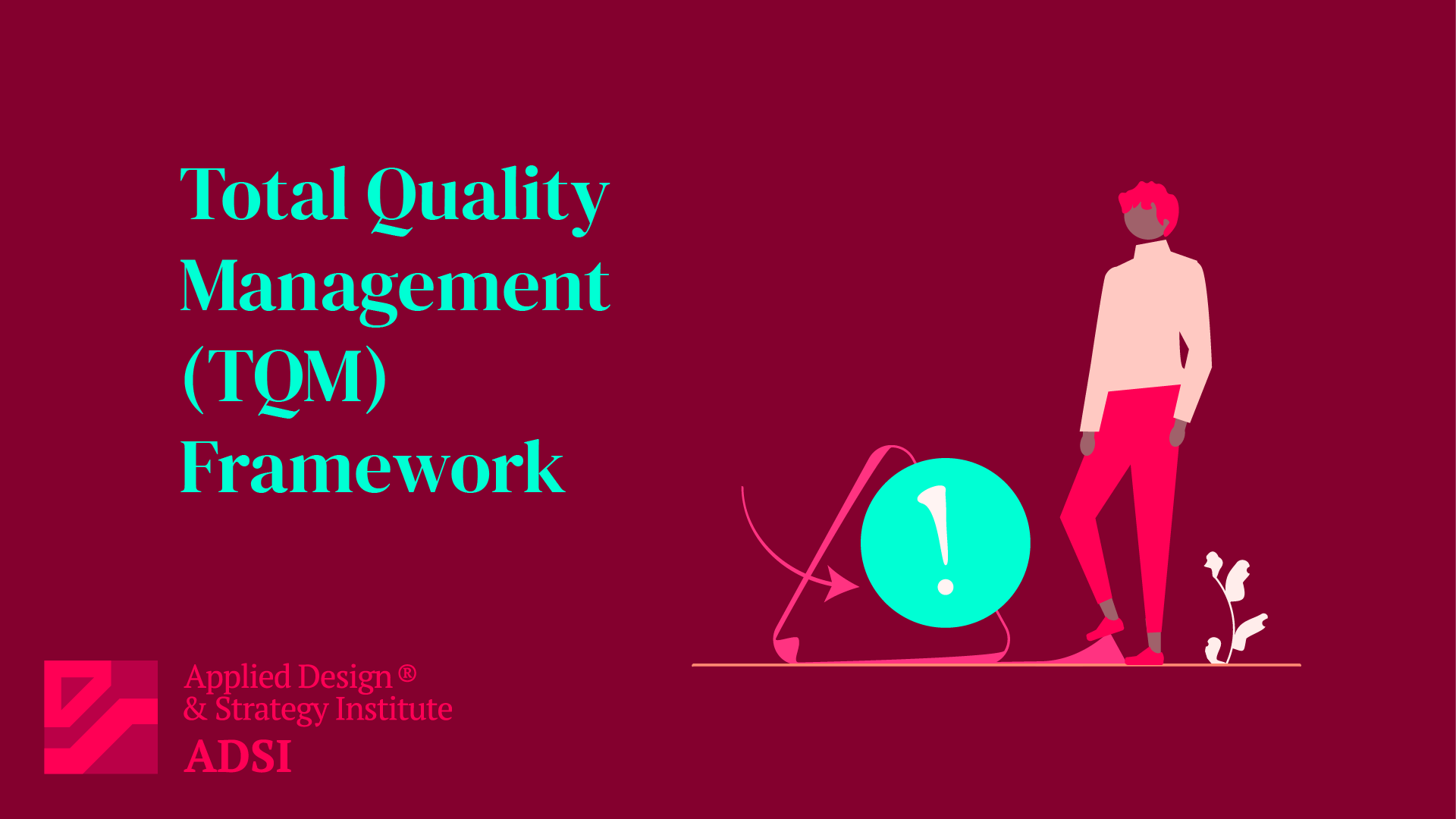TQM Framework (Total Quality Management)
Introduction
Total Quality Management (TQM) is a comprehensive management approach that focuses on continuous improvement in all aspects of an organization. It emphasizes quality as a key factor in customer satisfaction and organizational success. The TQM framework integrates all organizational functions toward innovation, improvement, and maintaining high-quality standards in products and services.
Key Principles
- Customer Focus: The primary focus of TQM is meeting and exceeding customer expectations. This involves understanding customer needs, delivering quality products and services, and continually seeking feedback for improvement.
- Total Employee Involvement: TQM requires the involvement and commitment of every employee, from top management to frontline workers. This involves training, empowering, and encouraging employees to identify and solve quality issues.
- Process-Centric Approach: TQM views an organization as a collection of processes, each contributing to the final quality of products and services. Continuous process improvement, error reduction, and efficiency enhancement are crucial.
- Integrated System: All parts of the organization must work together toward the common goals of improving product quality and customer service. This requires breaking down silos and fostering interdepartmental collaboration.
- Strategic and Systematic Approach: A strategic plan must guide the TQM initiative, integrating quality as a core component of all organizational processes.
- Continuous Improvement: TQM is a continuous process and not a one-time effort. Organizations must strive for constant improvement in quality, using tools like PDCA (Plan-Do-Check-Act) and Six Sigma.
- Fact-Based Decision Making: Decisions in TQM are made based on data and statistical analysis, ensuring that actions are aligned with facts rather than assumptions.
- Communication: Effective communication at all levels is essential for TQM to be successful. It ensures that everyone is aware of the quality standards and their role in achieving them.
Implementation
Implementing TQM involves a cultural shift in the organization, where quality becomes everyone’s responsibility. Training programs, team building, quality circles, and effective leadership are vital for successful implementation.
Benefits
Organizations practicing TQM experience improved product quality, higher customer satisfaction, reduced costs due to fewer defects, and increased employee morale.
Conclusion
TQM is a holistic management approach focused on quality, customer satisfaction, and continuous improvement. By integrating these principles into every aspect of the organization, businesses can achieve higher efficiency, better product quality, and increased customer loyalty.



Leave a Reply